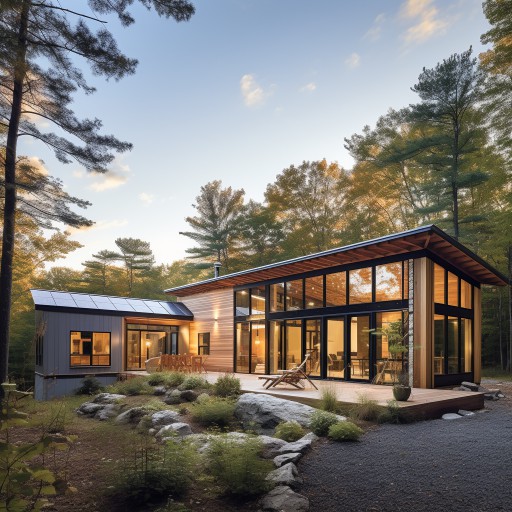How to Find a Contractor Who Cares About Your Project

co-founder
- Why the Right Contractor Matters
- 1. Clearly Define Your Goals
- 2. Do Your Homework
- 3. Gather Recommendations and Read Reviews
- 4. Interview Multiple Contractors
- 5. Ask About Past Experience with Green Renovations
- 6. Ask About Certifications
- 7. Be Cautious of High-Pressure Sales Tactics
- 8. Analyze Quotes with Scrutiny
- 9. Trust Your Gut
Renovating a home to be eco-friendly is an exciting yet challenging venture. One of the most critical steps in the process is finding the right contractor for you and your project. When your renovation aims to improve your home's environmental sustainability, it's vital to find someone who understands your goals and won't sell you only on what they're used to selling. In this article, we delve into how you can find the right contractor for your eco-friendly home renovation project, who will deliver both on aesthetics and efficiency.
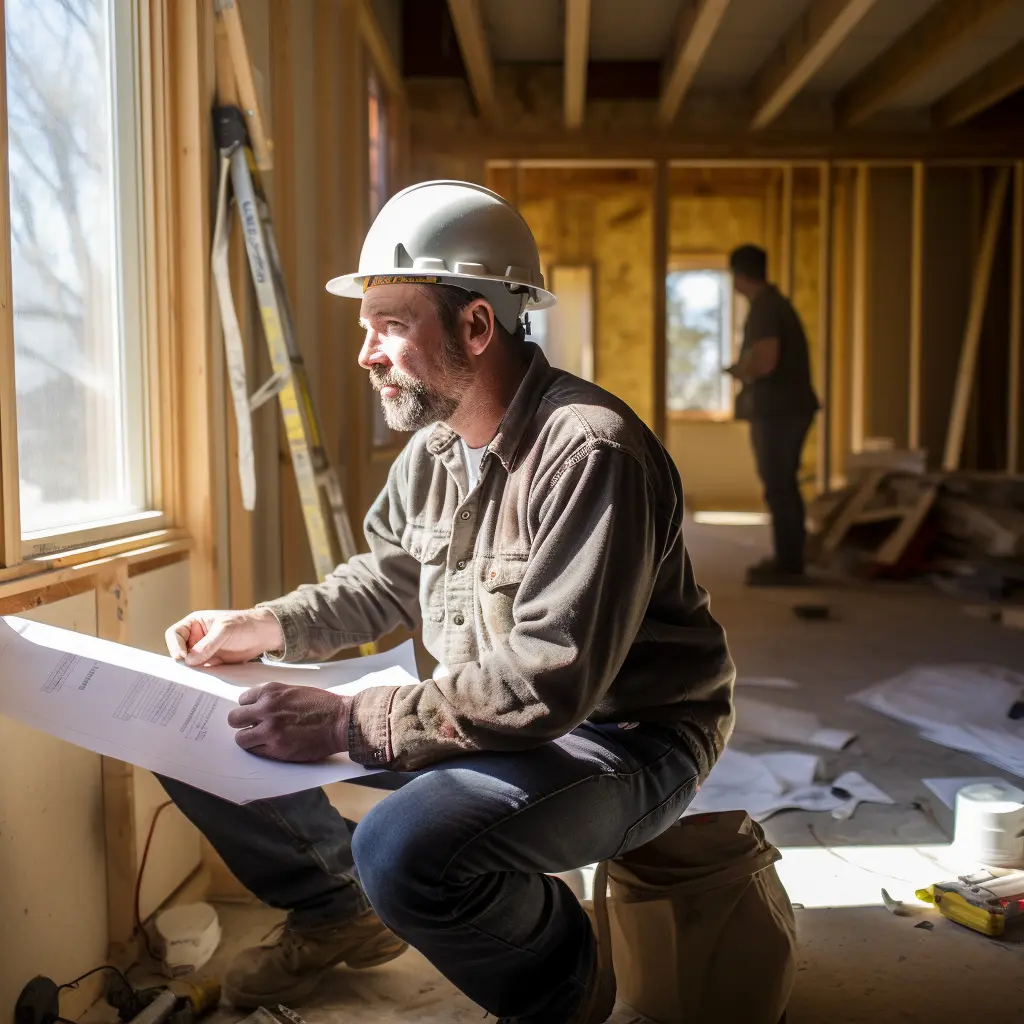
Why the Right Contractor Matters
Before we dive into the steps, let's discuss why it's essential to find the right contractor. When embarking on a green renovation, you’re not just improving your home aesthetically; you’re also looking to enhance its energy efficiency and reduce your home's carbon footprint. A contractor unfamiliar or unsympathetic with green practices may not know the best products or methodologies needed. They may even discourage you from eco-friendly options because they’re not in their wheelhouse or not as profitable for them. By choosing a green renovation contractor who is knowledgeable and enthusiastic about energy efficiency, you ensure that your renovation meets both your environmental and aesthetic goals.
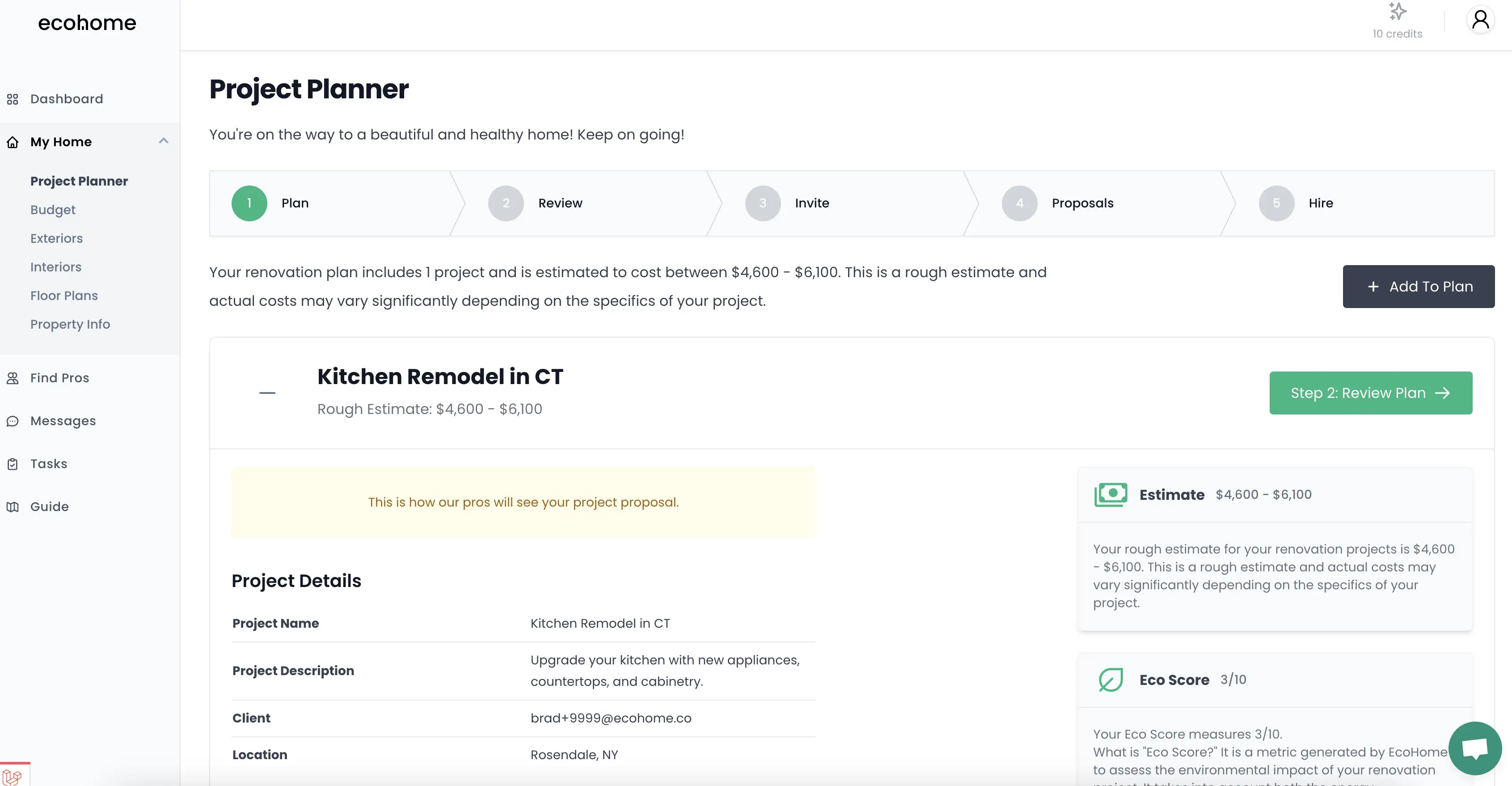
1. Clearly Define Your Goals
It is fundamental to define your goals before seeking a contractor for several reasons. Not only does this set a clear path for your renovation project, but it also helps in effectively communicating your vision to the contractor. Start a home renovation project with EcoHome to help you keep track.
Before you speak to any contractor, it’s vital to know exactly what you want to achieve with your renovation. Are you looking to reduce energy costs, improve your home’s carbon footprint, or simply update the look and feel of your house? Maybe it’s a combination of these. Write down a list of all the changes you want to make and the goals you want to achieve.
Once you have your list, do some research on each point. For example, if you’re looking to reduce energy costs, look into different ways this can be achieved such as through solar panels, upgrading insulation, or updating your HVAC system. Understand the options available, their pros and cons, and what might work best for your home and locality.
Prioritize Your Goals
It’s also important to prioritize your goals. You might have multiple things you want to achieve, but financial and time constraints might mean you can’t do everything at once. Knowing what’s most important will also help when discussing the project with contractors.
While defining your goals, it’s also essential to understand the potential return on investment (ROI) for your renovation. Some eco-friendly renovations may have a higher upfront cost but can save you money in the long run through reduced energy bills or increased property value.
Be Specific About Materials and Brands
If you have preferences regarding sustainable materials or brands based on your research or personal values, be clear about it. For example, if you are focused on using eco-friendly materials for your kitchen, let the contractor know. If you are interested in a specific brand of solar panels, mention this. Being specific helps prevent misunderstandings and ensures that the contractor knows what's important to you.
Be Open but Firm
While it's important to have a clear set of goals, it’s also essential to remain somewhat flexible. Contractors with experience in green renovations might have some suggestions that you haven’t considered. Be open to their expertise, but be firm in what is non-negotiable for you.

2. Do Your Homework
Familiarize yourself with the basics of green renovation practices. Knowing the lingo and the general methodologies will make it harder for a less scrupulous contractor to sell you something that isn’t in your best interest. Websites like EcoHome can be invaluable resources in understanding the basics and knowing what to ask.
3. Gather Recommendations and Read Reviews
Ask friends, family, or neighbors who have undertaken similar projects for recommendations. You can also use social media or neighborhood forums to gather suggestions. When you have a few names, read reviews and maybe even go see some of the contractor’s previous work.
4. Interview Multiple Contractors
It's important to interview at least three different contractors. This will not only give you different perspectives but will also give you an idea of what is reasonable in terms of cost and time frame.
During the interviews, pay attention to how well they communicate. A good contractor should be an effective listener, understand your goals, and be able to articulate how they can help achieve them.

5. Ask About Past Experience with Green Renovations
Specifically, ask if they have experience with the type of green renovation you're undertaking. Ask for examples and maybe even contact past clients to see how satisfied they were.
6. Ask About Certifications
Some contractors have certifications in green building practices, such as LEED (Leadership in Energy and Environmental Design). While not necessary, this can be a good indicator that they are knowledgeable and committed to eco-friendly building practices.
7. Be Cautious of High-Pressure Sales Tactics
If a contractor seems to be pushing you towards a particular product or renovation that doesn’t align with your goals, this is a red flag. A good contractor will offer solutions that align with your objectives, not just what they want to sell.
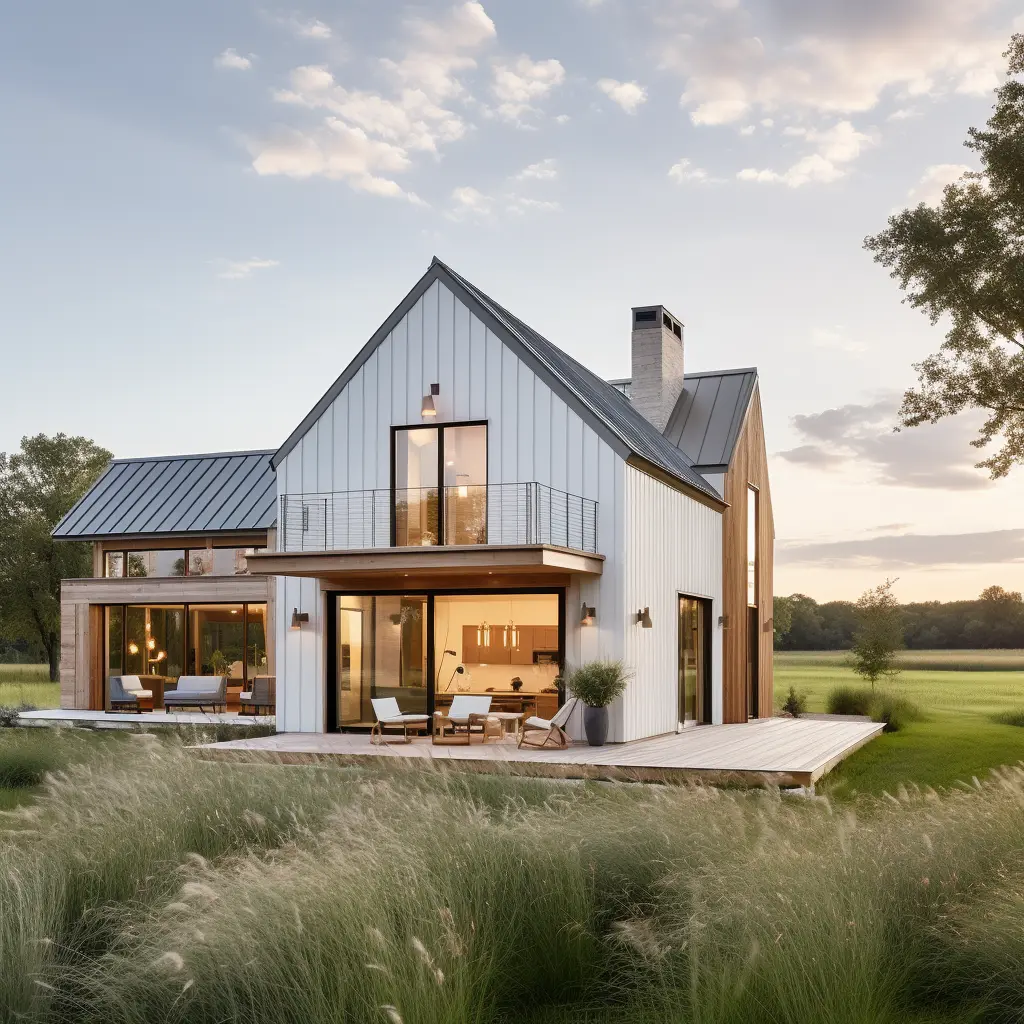
8. Analyze Quotes with Scrutiny
First, ensure that the scope of work outlined in the quotes matches what you discussed with the contractor. Check if all the services you require are included and that they have a clear understanding of your goals.
Check Itemized List of Materials and Services
Make sure the quote provides an itemized list of materials and services. This is important for transparency and understanding what you are paying for. Verify if the materials listed align with your preferences, and that they haven't substituted cheaper or less eco-friendly alternatives.
Confirm Brand and Quality Specifications
If you have specific brands or quality requirements, make sure these are reflected in the quote. Sometimes, contractors may quote generic brands or lower-quality materials which might not meet your standards.
Assess Timeframes
Check if the contractor has provided a reasonable timeframe for the completion of the project. It’s important that this aligns with your expectations, especially if timing is critical for you.
Analyze Costs
Assess the breakdown of costs in the quote. Are the material costs, labor costs, and any additional fees clearly stated? Make sure there are no hidden fees or ambiguous costs.
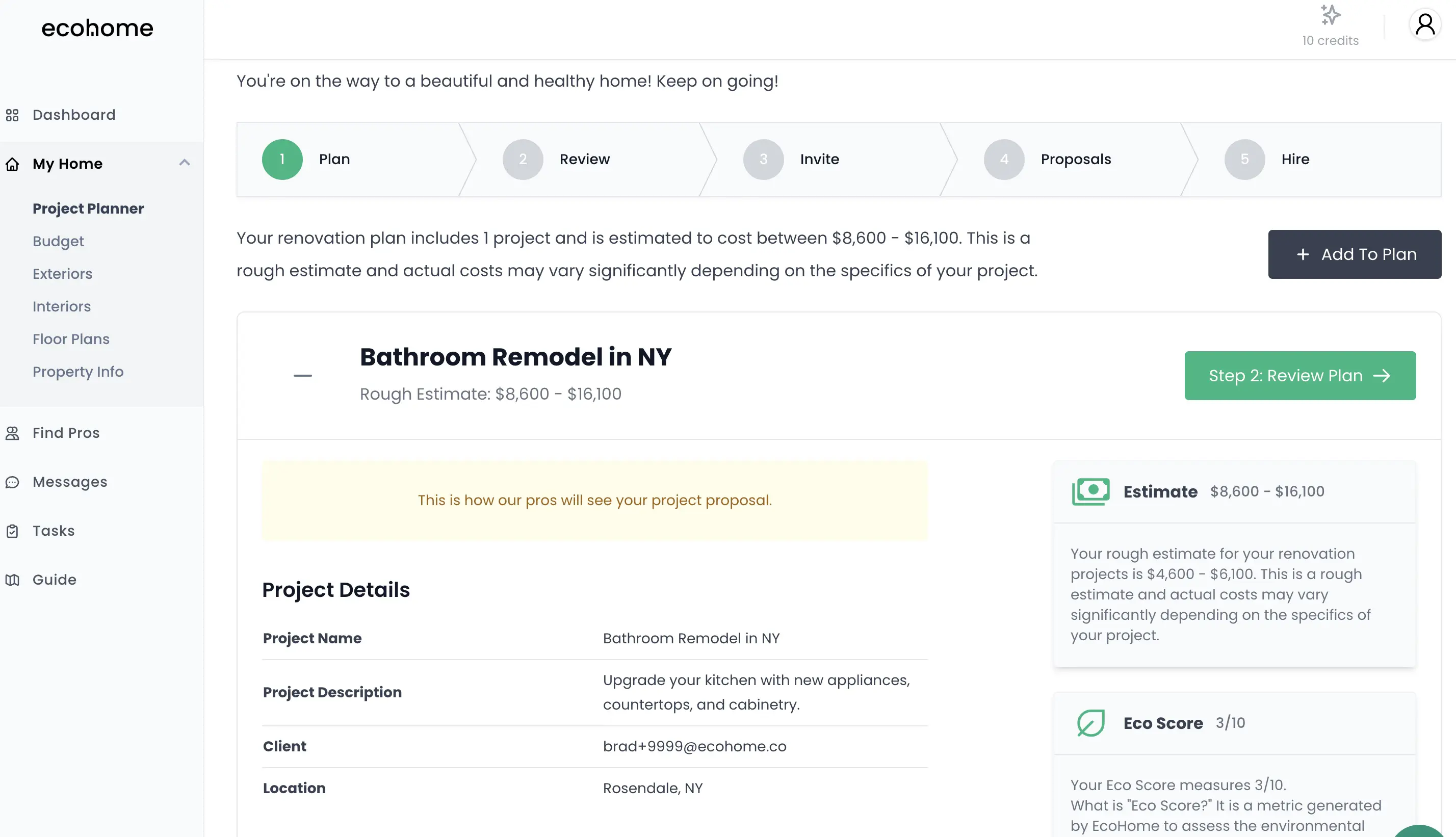
Validate Warranty and Guarantees
Check what kind of warranty or guarantee is provided with the work. This is important for your peace of mind and ensuring that you won’t have unexpected expenses if something goes wrong shortly after the project is completed.
Question Unclear or Missing Elements
If you find anything unclear or feel that something discussed is not reflected in the quote, don’t hesitate to reach out to the contractor for clarification.
Examine the terms and conditions attached to the quote. These should be fair and clear, and you should be comfortable with them before moving forward.
9. Trust Your Gut
Lastly, trust your instincts.If something doesn’t feel right, or if the contractor has not been responsive or clear in the quote, it might be worth looking elsewhere.
Most of all, and I can't stress this enough, remember when preparing for your home renovation that the lowest quote isn’t always the best. It’s important to find a balance between cost, quality, and ensuring that the contractor understands and can meet your goals. Taking the time to scrutinize quotes can save you time, money, and frustration in the long run.
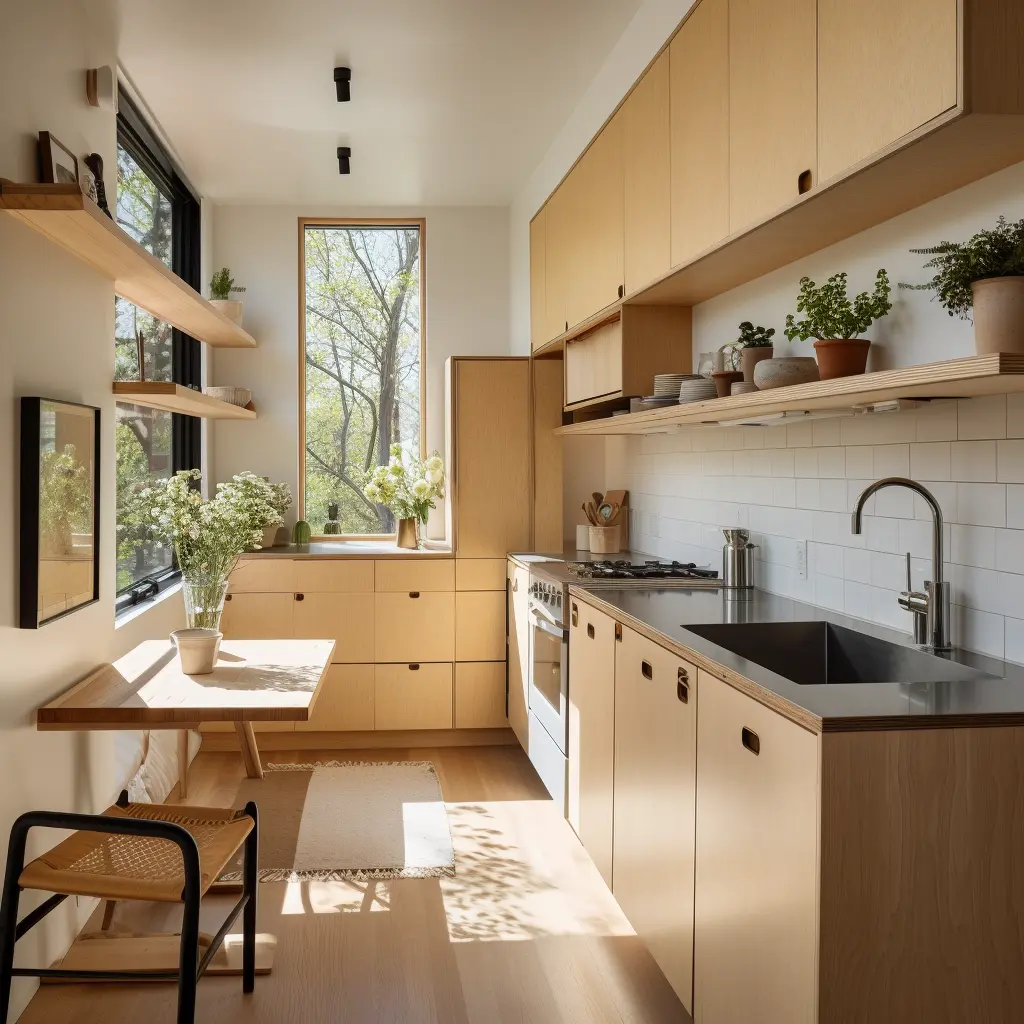
Renovate with EcoHome
EcoHome empowers homeowners to confidently build healthy and comfortable homes for a fair price.
Sign UpLocations View All →
NY
- Albany
- Binghamton
- Buffalo
- Esopus
- Freeport
- Hempstead
- Highland
- Kingston
- Long Beach
- Marlboro
- Mount Vernon
- New Paltz
- New Rochelle
- New York City
- Niagara Falls
- North Tonawanda
- Olivebridge
- Plattekill
- Rochester
- Rome
- Saugerties
- Schenectady
- Shandaken
- Syracuse
- Troy
- Utica
- Valley Stream
- Wallkill
- Woodstock
- Yonkers
NJ
- Bayonne
- Brick
- Camden
- Cherry Hill
- Clifton
- East Orange
- Edison
- Elizabeth
- Jersey City
- Lakewood
- Middletown
- Newark
- Old Bridge
- Passaic
- Paterson
- Toms River
- Trenton
- Union City
- Woodbridge
CT
PA
- Allentown
- Altoona
- Bethel Park
- Bethlehem
- Chester
- Easton
- Harrisburg
- Hazleton
- Lancaster
- Lebanon
- Monroeville
- Philadelphia
- Pittsburgh
- Reading
- Scranton
- Wayne
- Wilkes Barre
MD
- Abingdon
- Baltimore
- Bethesda
- Bowie
- Columbia
- Dundalk
- Ellicott City
- Frederick
- Gaithersburg
- Germantown
- Glen Burnie
- Potomac
- Rockville
- Severn
- Silver Spring
- Towson
- Waldorf

